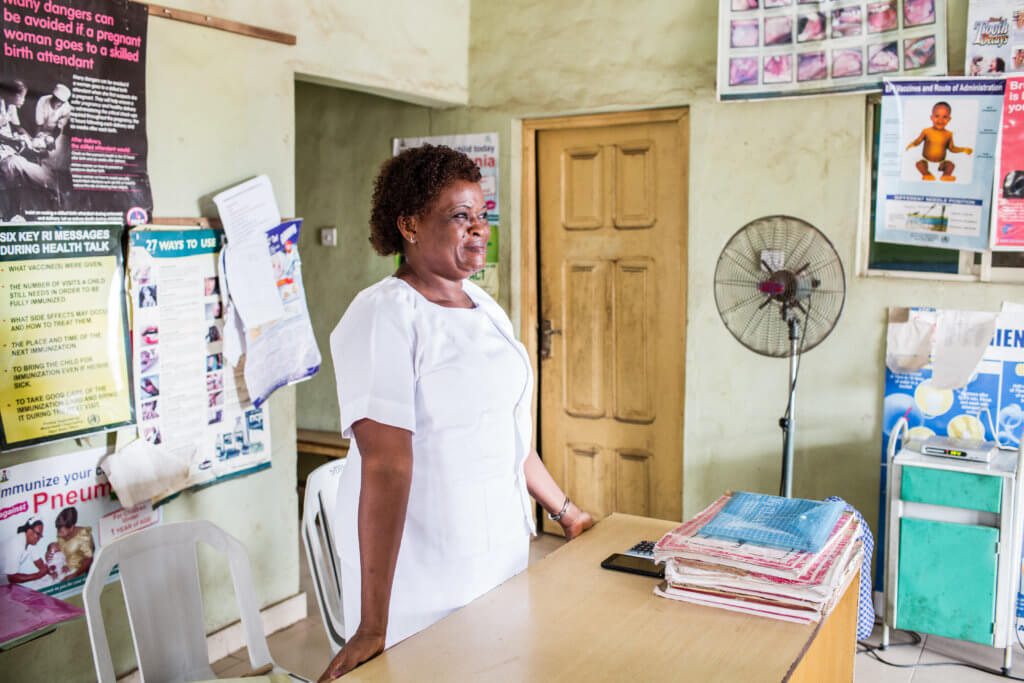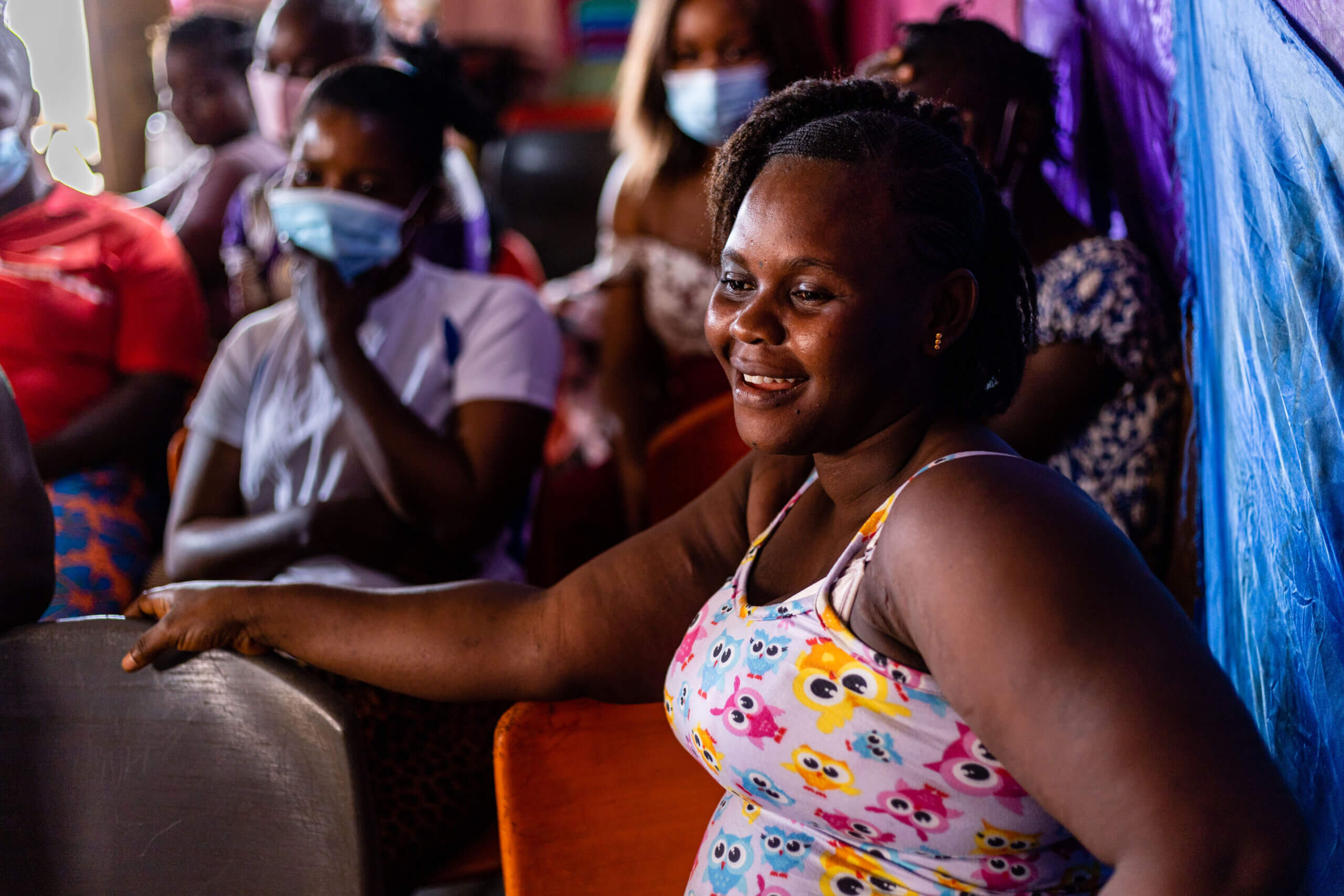Protecting choice long-term
At MSI, we have a bold vision for the future. By 2030, no abortion will be unsafe, and everyone who wants access to contraception will have it. To do that, we need to continue expanding our services, going where no one else does to reach communities with no other options for reproductive healthcare.
We rely on generous donors—from large governments to individuals giving what they can—to serve the hardest-to-reach communities. But donor funding isn’t always reliable. We saw it in 2017, when President Trump’s expanded Global Gag Rule cost MSI millions in funding and forced us to close services in some countries.

That’s why, as part of our 2030 strategy, we’re committed to making our services more sustainable. We’ll always need donor funding to reach the most marginalized. But donors can give with confidence knowing that their gift supports long-term change as well as immediate service delivery.
Here are three ways we’re making our services more sustainable:
- Diversify services for sustainable MSI centers. Our centers offer affordable, quality services, including maternity services where possible, for clients who can afford to pay or who use insurance. By 2030, our MSI centers will not just cover their own costs, but the costs of country support offices too. Our centers also serve as training hubs. They build competency for public and private healthcare providers to provide sexual and reproductive healthcare.
- Encourage national government ownership of sexual and reproductive healthcare. Many of MSI’s programs are in countries that are moving to “middle income” status. In many cases, when countries achieve middle income status, donors reduce or stop funding. But national governments may not take over the funding responsibilities, particularly for family planning and safe abortion. That’s why our advocacy teams work tirelessly to show the health and economic benefits of funding sexual and reproductive healthcare services. And we’re seeing results. In Ghana, MSI’s advocacy led to changes to the national insurance program, allowing women to access contraception free of charge.
- Train public healthcare providers to offer high-quality reproductive healthcare. Our outreach teams travel to communities with few other options for sexual and reproductive healthcare. But often, public health providers already serve rural and remote communities. They just lack the training, equipment, or supplies to offer the full range of contraceptive methods. That’s why our Public Sector Strengthening channel focuses on training public healthcare providers. We offer training and ongoing support and supervision, ensuring that high-quality services will be available in the long term.
We’re proud that around the world, 34.3 million people are using a method of contraception provided by MSI. That’s remarkable progress towards a future where everyone who wants contraception can access it. Now, we need to protect that progress. By making our services more sustainable, we’ll ensure that our clients can count on us for the long haul, and that we can continue reaching the most marginalized communities.






